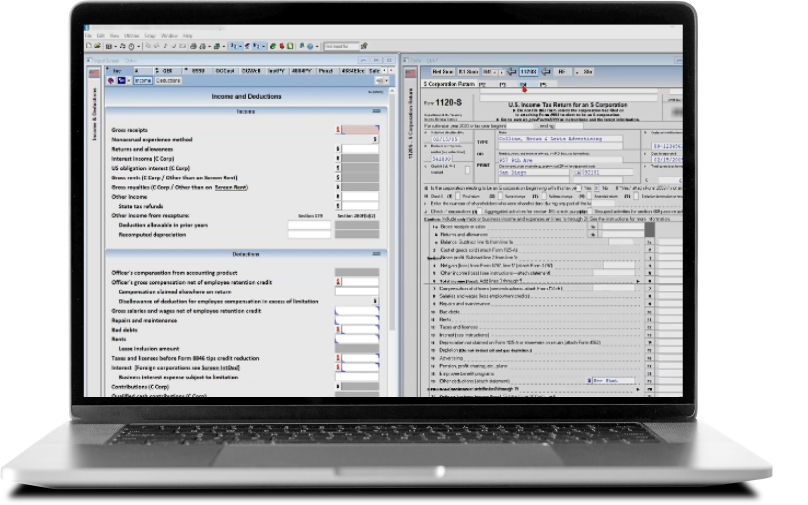Third Verse, Same As The First
Shutdown avoided again… for a little while. On Friday afternoon the Senate advanced and late Friday it passed a $460 billion package of spending bills. President Biden signed it into law, avoiding a partial government shutdown. Lawmakers continue to negotiate a second package of six bills that will result in full funding of the federal government by March 22.
This week on Capitol Hill. Tomorrow, the Joint Economic Committee will hold a hearing on the fiscal situation of the US. Among those testifying will be Kim Clausing, UCLA School of Law’s Eric M. Holt Chair in Tax Policy. The House Ways & Means Committee will also hold a hearing Tuesday on enhancing access to care at home in rural and underserved communities, while the Senate Finance Committee will hold a hearing on growing US manufacturing through the tax code. On Thursday, March 14, the Senate Finance Committee will hold a hearing to review President Biden’s proposed budget for the Department of Health and Human Services.
President Biden’s State of the Union address shared a familiar tax policy message. TPC’s Howard Gleckman outlines Biden’s second-term revenue agenda. Like his first, his administration’s efforts would focus on raising taxes on corporations and the wealthy and lowering taxes on many households earning $400,000 or less.
About Biden’s proposed $10,000 tax credit for first-time home buyers. Last week, President Biden unveiled a plan for a new tax credit of $10,000 for first-time buyers and a one-year tax credit of up to $10,000 for current homeowners who sell their starter homes. The tax credits aim to make mortgages more affordable and would be offered for purchased properties in 2024 or 2025. The Biden administration estimates that the first-time buyer credit could help 3.5 million families. Both credits would be available to households earning less than $200,000 annually.
Michigan Appeals Court: The state income tax reduction is not permanent. The appellate court ruled last week that the reduction in the state’s income tax rate for 2023 is temporary. On March 7, the court’s decision effectively increased the 2023 rate of 4.05 percent back to 4.25 percent. The court confirmed Michigan law, which requires that the income tax rate be reduced for one year if, in the year prior, there was an increase in general fund revenues that exceeded the rate of inflation.
Iowa poll finds Iowans want to eliminate the state income tax. The Des Moines Register/Mediacom Iowa Poll finds a majority of Iowans surveyed favor reductions to the state income tax until it is zeroed out completely. A majority also supports Republican Gov. Kim Reynolds and state Republican lawmakers in their effort to reduce or eliminate the state income tax.
For the latest tax news, subscribe to the Tax Policy Center’s Daily Deduction. Sign up here to have it delivered to your inbox weekdays at 8:00 am (Mondays only when Congress is in recess). We welcome tips on new research or other news. Email Renu Zaretsky at [email protected].






